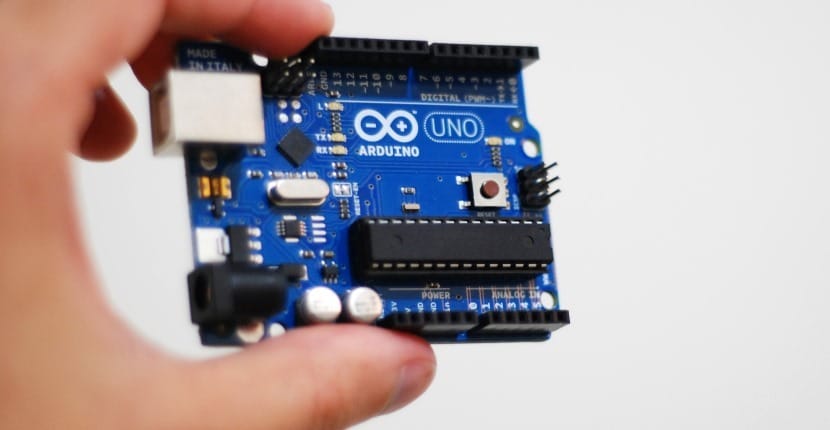
It seemed that the power of platforms such as Raspberry Pi or Arduino was going to be insufficient for today's society, something that, with the passage of time, has been proven not to be true. I say this since, just coinciding with their arrival on the market, many were the large companies that called them an absurd business, which now look at this type of market sector with very good eyes.
In this specific case I want to present you a project that has gone much further than what we are used to since a maker has achieved, using an Arduino board, emulate the functioning and behavior of the oldest brain in the known world, that is, the brain of a worm, specifically that of the species known as Caernorhabditis elegans.
Nathan Griffith manages to emulate the functioning of a worm's brain in a robot thanks to an Arduino board
This worm with an almost unpronounceable name belongs to one of the species with the most primitive brains that we know, something that translates into a brain that, due to its small number of neurons, is difficult to even consider as a brain since it only has 302 neurons. If we put this in perspective, it is estimated that the brain of a human being has 86 billion neurons while, for example, a fly, it has 300.000 neurons.
This project, devised and carried out by Nathan Griffith, takes advantage of the simplicity in terms of the functions that this worm is capable of performing, to simulate the functioning of its brain with the help of an Arduino board. As explained by the author of the project, all he had to do is understand that neurons react to stimuli that stimulate them and that I just had to adapt these possible 302 responses to the Arduino board.